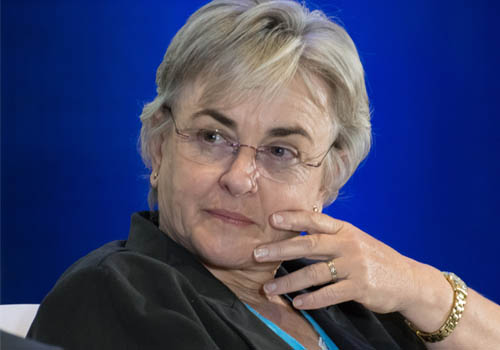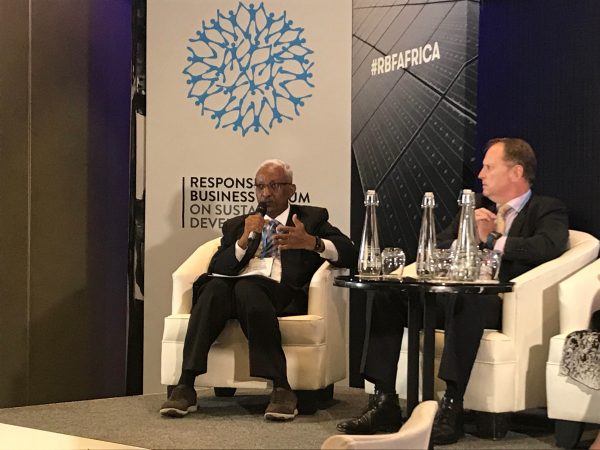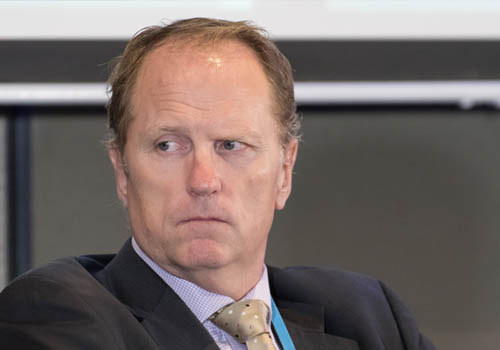The Responsible Business Forum on Sustainable Development brought companies together to discuss their contributions to achieve the SDGs.
“Why is it so difficult to make substantial progress in helping smallholders to raise their productivity? The private sector has everything smallholders need and farmers are hungry for it”, asked Jane McPherson, responsible for the farmer development program of Grain South Africa, during a panel discussion at the RBF forum in Johannesburg on 31 August.
A lot has to do with the lack of cooperation between governments and the private sector, according to William Asiko, director of Grow Africa. “Companies are willing to invest in transforming their businesses, but governments need to create the enabling environment for companies to take that role”, he said.
Abdelbagi Ismail, director of IRRI agreed: “Rice production in Africa can easily be tripled if farmers get access to available varieties that are currently on shelves of companies and research institutes. That could save billions on food imports. Money that could be spent on other targets”. But often government regulations do not support the required speed to make new varieties available to farmers in Africa. “It can take six years before a new variety can be released in the market because of extensive testing programs, even if a variety was tested and used in other markets before”.
Andrew McConville, Head of Corporate Affairs at Syngenta, added that there is also a lot of work to do within companies. Based on his long-term experience with small-scale agriculture in Asia, he is convinced that “The heart of the solution of SDG2 #ZeroHunger is the smallholder farmer”. But this vision requires a change of mindset of many of the people working for seed companies and other agricultural businesses.







